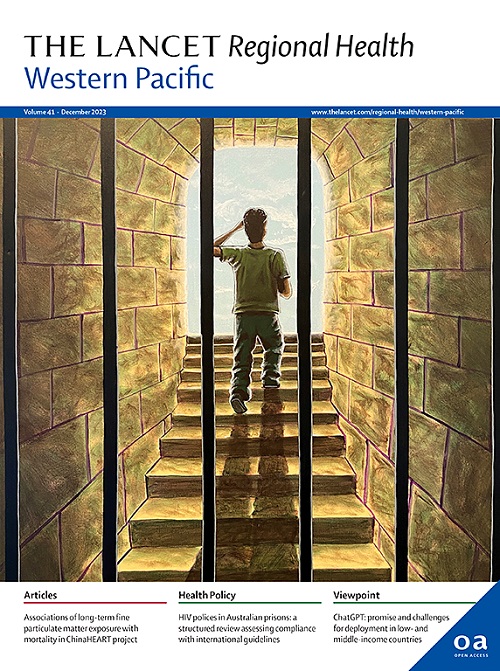Lessons for future outbreaks from successful contact tracing systems in Asia
IF 7.6
1区 医学
Q1 HEALTH CARE SCIENCES & SERVICES
引用次数: 0
Abstract
Countries around the world had utilized contact tracing to support public health responses to curb transmission during the COVID-19 pandemic. In particular, countries in East and Southeast Asia had been effective in their contact tracing responses. To understand their successes, the contact tracing systems of Japan, Thailand, Singapore and Vietnam were comparatively analyzed, including the technical aspects of contact tracing approaches, detection and response structures. Through the comparative analysis, we uncovered the key elements within these successful systems, namely speed, capture and accuracy, designed specific for the countries’ settings. For the system to work efficiently, we found that maintaining the balance across speed, capture and accuracy while adapting to the disease epidemiology and environment was essential. Contact tracing will remain a vital strategy to control the next epidemic with a pandemic potential. The lessons learnt could provide guiding principles to help enhance contact tracing systems and prepare for future outbreaks.
亚洲成功的接触者追踪系统对未来疫情的教训
在COVID-19大流行期间,世界各国利用接触者追踪来支持公共卫生应对措施,以遏制传播。特别是东亚和东南亚国家在追踪接触者方面采取了有效措施。为了解日本、泰国、新加坡和越南的接触者追踪系统的成功经验,本研究比较分析了日本、泰国、新加坡和越南的接触者追踪系统,包括接触者追踪方法、检测和应对结构的技术方面。通过比较分析,我们发现了这些成功系统的关键要素,即速度、捕获和准确性,这些都是专门为各国的环境设计的。为了使系统有效工作,我们发现在适应疾病流行病学和环境的同时保持速度、捕获和准确性之间的平衡是必不可少的。接触者追踪仍将是控制下一次可能形成大流行的流行病的一项重要战略。吸取的经验教训可以为帮助加强接触者追踪系统和为未来的疫情做好准备提供指导原则。
本文章由计算机程序翻译,如有差异,请以英文原文为准。
求助全文
约1分钟内获得全文
求助全文
来源期刊

The Lancet Regional Health: Western Pacific
Medicine-Pediatrics, Perinatology and Child Health
CiteScore
8.80
自引率
2.80%
发文量
305
审稿时长
11 weeks
期刊介绍:
The Lancet Regional Health – Western Pacific, a gold open access journal, is an integral part of The Lancet's global initiative advocating for healthcare quality and access worldwide. It aims to advance clinical practice and health policy in the Western Pacific region, contributing to enhanced health outcomes. The journal publishes high-quality original research shedding light on clinical practice and health policy in the region. It also includes reviews, commentaries, and opinion pieces covering diverse regional health topics, such as infectious diseases, non-communicable diseases, child and adolescent health, maternal and reproductive health, aging health, mental health, the health workforce and systems, and health policy.
 求助内容:
求助内容: 应助结果提醒方式:
应助结果提醒方式:


